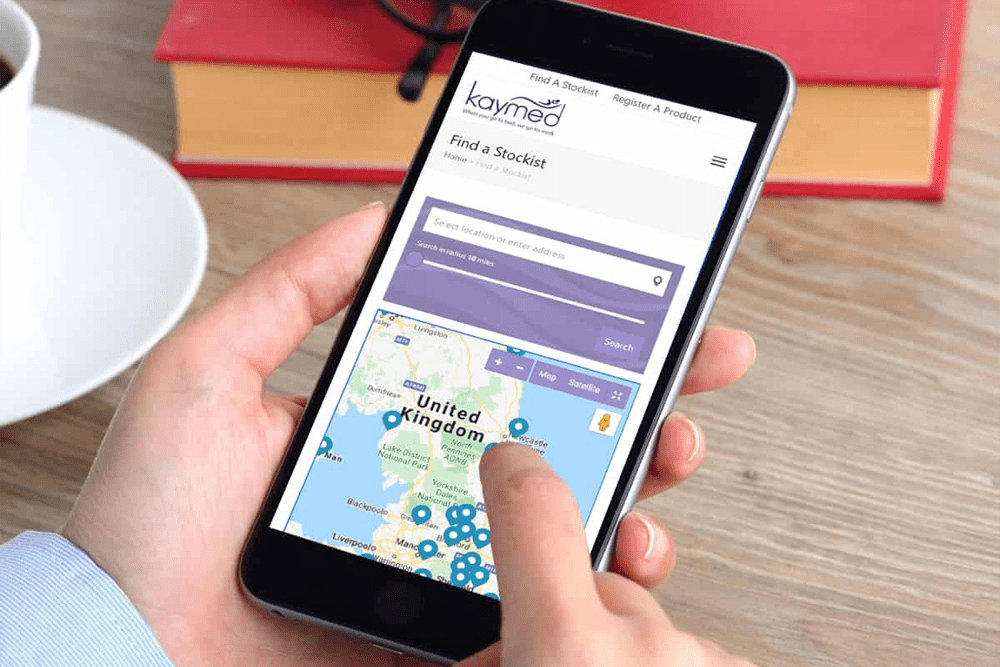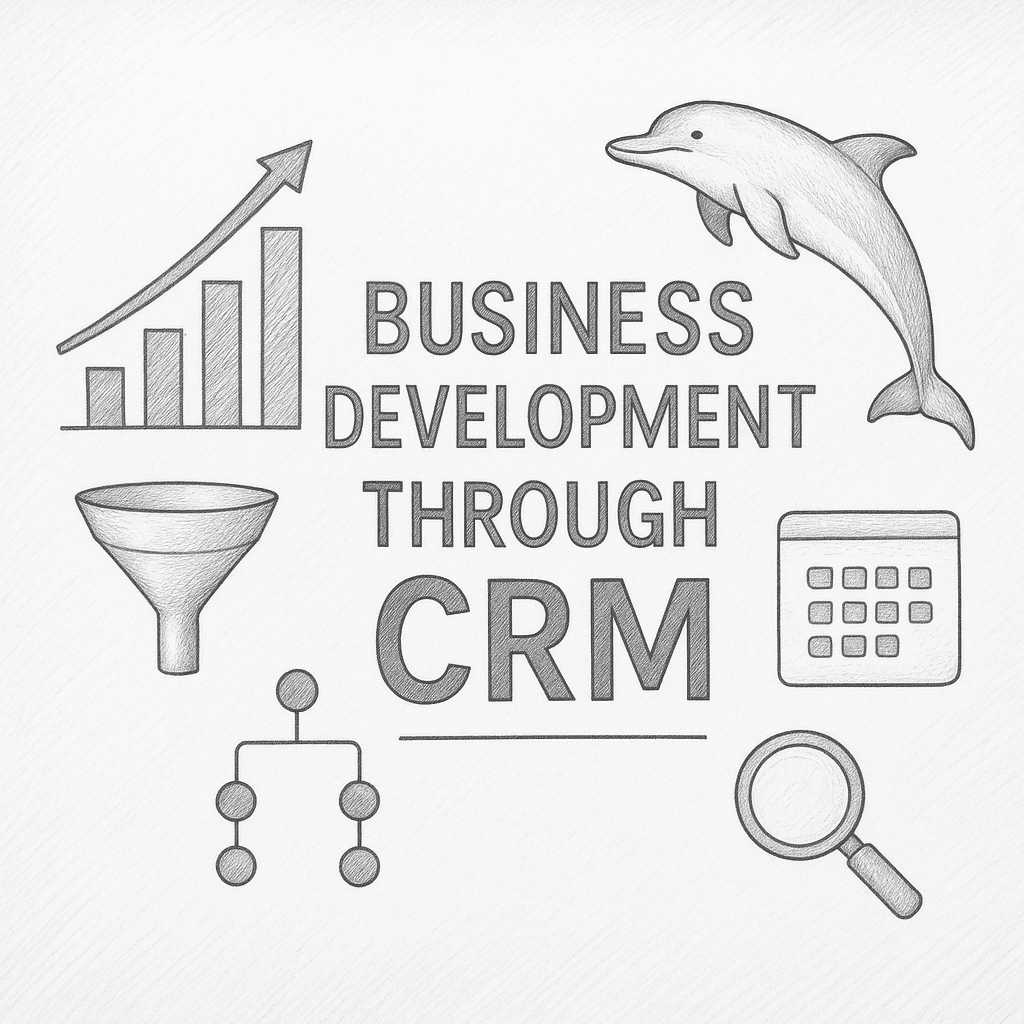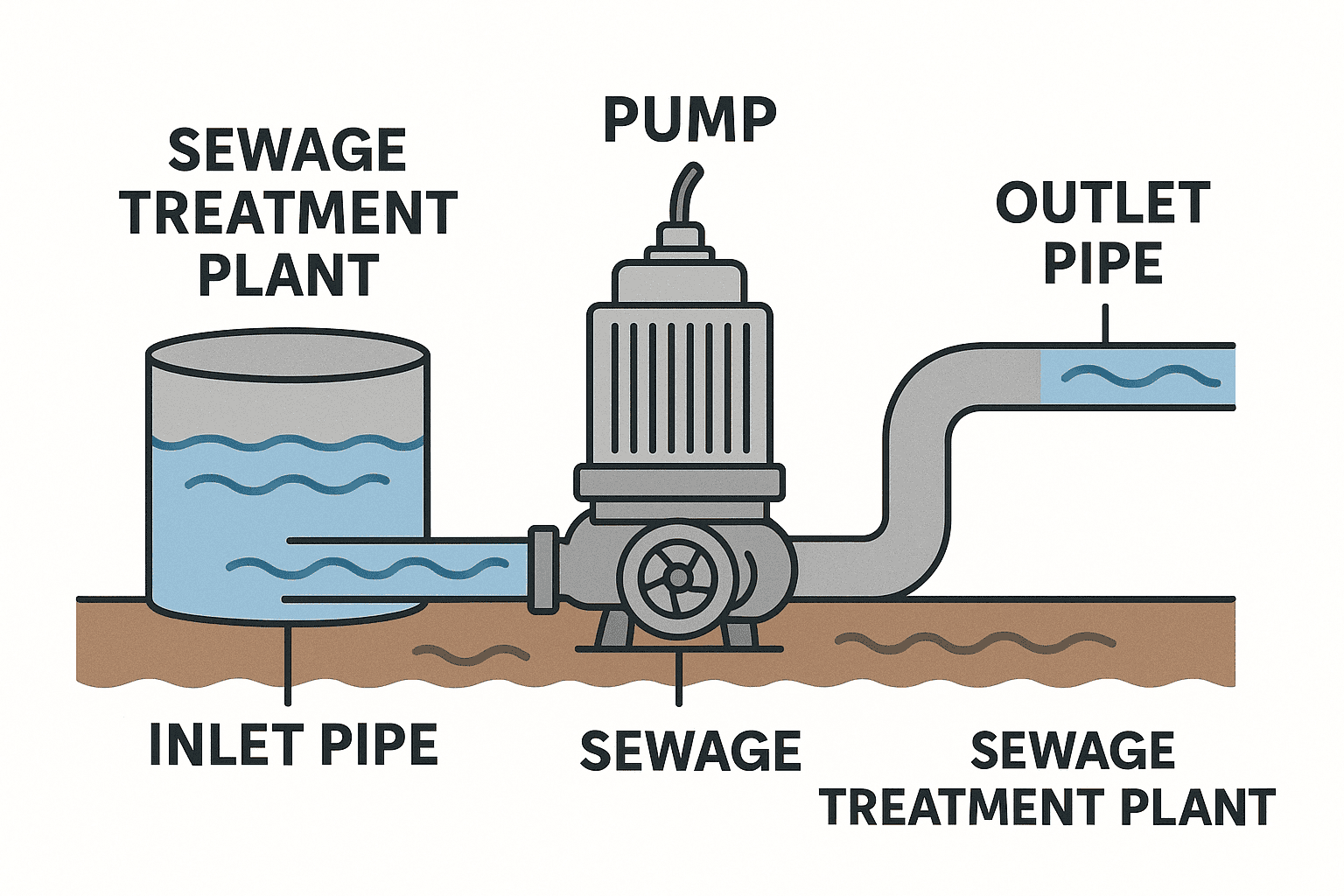The 11 Most Common Marketing, Business Development and Internet Marketing Questions That We Get Asked.
Over the last 15 years of working with clients we have been asked many marketing questions, below are the 11 most popular
- “The only way we can compete is by being the cheapest, can this be changed”
- “We want to grow the business and need more customers”
- “We have a website but it doesn’t seem to do anything”
- “We have spent loads on advertising and it’s been a complete waste of money”
- “We have loads of ideas for new services but we never seem to have time to develop them”
- “Every year we seem to work harder but we don’t seem able to grow the business”
- “We spent loads on our website but nobody can find it”
- “There are 4 senior managers within the company and we just don’t seem to be able to pull in the same direction”
- “The competition is getting more aggressive, we want customers to choose us“
- “We need to develop a business and marketing plan but many of the mangers don’t have any marketing experience, how can we give them a marketing focus”
- “We need to develop a killer sales presentation but we have no idea where to start”
- “Our marketing materials are out of date and we need to reprint them but they never seemed to work very well, I’m not too sure what we should do”
Following a Marketing Audit with Blue Dolphin they provided a fresh approach to the thinking and really helped us to identify the key challenges. The actions they provided acted as a stimulus to prioritise business changes. The advice provided was pragmatic and delivered in a non jargon format” Paul Teesdale: Managing Director – Simply Natural (Boston)
21 Customer Questions To Provide You With Business Insight
If you are looking at developing your business strategy, thinking about your competitors can help you consider an element of your business.
The list of 21 competitor questions will hopefully help stimulate your strategic thinking.
Try Answering These Questions About Your Competition.
- What industry are you in?
- Is this a good industry to be in?
- What do customers think about your competitors?
- What do you think about your competitors?
- In what areas are you beating your competitors?
- How else can you beat your competitors?
- How do customers find out you are better than your competitors in these areas?
- What problems do your products solve that your competitors’ don’t?
- Are you serving the widest possible market?
- How good are your competitive positions?
- What do you do differently from your competitors?
- What’s the difference between your customers and your competitors’ customers?
- How can you find out what your customers think about your competition?
- Do you compare reviews of your products to those of your competitors?
- How can you encourage your competitors’ customers to switch to your company?
- How can you get in contact with your competitors’ customers to tell them why they should switch to you?
- Which clients are driving you mad?
- Maybe you should suggest they go to your competitors?
- Who is your most serious competitor?
- Who are currently just new/minor threats?
- What would your closest rival do if they took over your business?
Marketing Questions To Ask About Your Competitors
Understanding your competitors is crucial for any SME aiming to improve its marketing strategies. By asking the right questions about your competitors, you can gain insights that directly inform and enhance your marketing efforts. Here are ten key questions and how the answers can drive your marketing success:
- Who are their primary customers? Understanding the demographic and psychographic profile of your competitors’ customers can help you refine your own target audience. If you notice that your competitors are successfully appealing to a specific segment, you can tailor your messaging, product offerings, and promotions to attract a similar or complementary group.
- What are their unique selling points (USPs)? Identifying what makes your competitors stand out in the market is essential. This could be anything from product quality to customer service. By understanding their USPs, you can determine whether to differentiate your brand by offering something they don’t or by improving upon what they already do well.
- How do they price their products or services? Competitor pricing strategies can provide valuable benchmarks for your own pricing. If your competitors are pricing lower, you might need to justify a higher price through superior value or consider price adjustments. Conversely, if they charge more, there may be room for you to position yourself as a more affordable alternative without compromising on quality.
- What channels do they use for marketing and sales? Knowing where your competitors focus their marketing efforts—be it social media, email, SEO, or traditional advertising—helps you identify potential gaps in your own strategy. If they are active on platforms where you have little presence, it might be worth considering expanding your efforts there.
- How do they engage with customers on social media? Analysing your competitors’ social media engagement strategies can reveal successful tactics you might adopt or adapt. For instance, if they are using influencer partnerships effectively, you could explore similar opportunities. Observing how they handle customer queries and complaints can also inform your approach to customer service on social platforms.
- What content do they produce? Competitor content, including blogs, videos, and infographics, can be a goldmine of information. By reviewing the types of content they produce and how well it performs, you can identify what resonates with your shared audience. This knowledge can guide your content strategy, helping you create more relevant and engaging material.
- What is their brand image and messaging? Understanding the tone, style, and messaging your competitors use can help you craft a distinct brand voice. If they are positioning themselves as industry leaders with a professional tone, you might differentiate by adopting a more approachable and relatable brand personality.
- How do they manage customer loyalty and retention? Investigating your competitors’ loyalty programmes, repeat purchase rates, and customer retention strategies can inspire ideas for your own retention initiatives. If they offer rewards, discounts, or exclusive content to loyal customers, you might consider implementing similar programmes to increase customer loyalty.
- What are their strengths and weaknesses in customer reviews? Customer reviews provide honest feedback about your competitors. By analysing these reviews, you can pinpoint areas where they excel and where they fall short. This information can help you capitalise on their weaknesses and enhance areas where you both excel, providing a better overall customer experience.
- How do they adapt to market changes? Observing how your competitors respond to industry trends, economic shifts, and technological advancements can offer clues about potential challenges and opportunities. If a competitor quickly adapts to a new trend that your business hasn’t yet considered, it could be worth investigating whether this trend could benefit your marketing strategy as well.
By systematically addressing these questions, you can gather actionable insights that allow you to refine your marketing strategy, improve your value proposition, and ultimately outperform your competitors. This strategic approach ensures that your marketing activities are not only reactive but also proactive, positioning your SME to anticipate market changes and customer needs more effectively.
Want to pick up the phone and speak to us about your Website project?
Call us on: 01733 361729 mail: solutions@bdolphin.co.uk
Improving Sales Conversion – Improving sales performance?
- Do you ever wonder if the marketing and promotional activities you are running are actually having an impact and leading to sales.
- Would you benefit from knowing which activities are engaging with your customers (and you should be doing more) and those that are a waste of money and should be stopped immediately
- Do you know which offers excite your customers and encourage them
- Which of your customers are actively looking to purchase
Improving Sales Do you measure your marketing?
The adage if you cant measure it you cant manage it is true. The challenge for many involved in marketing activities is that it is often suggested that its very difficult to measure the effectiveness of a specific marketing activity. As business development specialists we don’t subscribe to this
Find out how we measure and improve clients marketing leading to increased enquiries and sales through
- Detailed analysis of your web traffic – what do people do when they visit your site, how many of them complete an action, what is the place at which they leave.
- Split testing of offers, headlines, images, calls to actions etc
- Tracking of sales calls – are there communications / approaches that will allow increased empathy and authority to be developed
- Ensuring that we can evaluate performance of adverts, brochures, PR etc
Improving Sales Conversion Through Effective Marketing
Find out more about Monthly Sales Improvement where we work with clients to make measured changes that have a real impact on sales enquiries and sales improvements.
Upselling Techniques In Action
Upselling Techniques Recently Experienced
Upselling techniques were demonstrated brilliantly at a recent racing experience I attended. The upselling techniques were utilised in every stage of the sales process wherever there was a physical interaction or communication opportunity. I was given the gift of driving an Aston Martin DB7 and Ferrari 360.
Upon booking the date and circuit on the telephone I was asked by a very knowledgeable telephone advisor would I like to book an additional drive for the day, and would anybody else be driving for the day
Upselling for all
On arrival at the circuit the upselling started at the security gate where the track security on giving directions presented a circuit map which on the back of it had a range of offers aimed at both the driver and the spectator.
For the spectator there were opportunities for high speed passenger laps (in either a funky Fiat 500 Abarth, or a totally scary V8 Touring car. For the driver additional non track activities were available
- Driving a car on a skid pan (this wasn’t well used on the day as the heavy rain meant that the track was a high speed skid pan
- Rally where you could drive high speed on a gravel and dirt rack
- 4 x 4 where you could take an off road vehicle over a range of perilous mounds, bumps, lumps and water hazards
Further upselling techniques were employed once you had completed your driving experience.
- Within all cars were fitted track and interior cameras so the whole experience could be captured on glorious DVD (if you wanted to pay the extra) .
- Photographers were strategically placed at key parts of the circuit to ensure that every driver was captured as they lived out their boy hood dreams (Note of the 40 people who were taking part in our session there were 39 men!!)
Upselling Techniques
Overall a fantastic product where even the most sceptical was likely to make additional spend (even if it was only at the burger van for a tea and bacon sandwich whilst your car was prepared).
For marketing ideas how do I think innovatively
I recently attended a construction event where Tommy Walsh (of various TV building fame) presented some of his views on the issues of construction. I must say I was really impressed with his innovative thinking and overall fantastic marketing approach to the problems. Below are some of what I thought were great innovation and marketing nuggets
- Language – What you call something impacts of what people perceive – so
- Council housing as was, Public housing is a very necessary mechanism to provide people with a roof over their head. So what do we call it, Affordable Housing or Social Housing both of which carry a stigma
- So is there a better way of labelling public housing?
- Specification – what you offer
- in broadest terms private housing offers the lowest delivery specification whilst trying to achieve the highest profit
- whilst public housing with all its controls delivers over expensive, housing of the incorrect format
- can housing be developed that would be suitable for both public and private consumption
- Building houses that can be environmentally friendly and sustainable
- With a massive shortage of housing are their opportunities to build them in a different way that would meet the needs of customers and environment better
- Tommy recently completed a project to build a new form of housing for £60,000 in 60 days. To achieve this he had to do things differently as existing building methods and techniques wouldn’t have allowed this
Innovative Marketing Thinking
Some of the innovation ideas included
- Future proofing the house
- allowing space in the roof for a dormer window so that another floor could be easily created when you wanted to develop and get an extra bedroom
- so bigger timbers were used so roof joists weren’t a problem
- designing the layout so that an additional staircase could be easily added
- designing the property so that ground floor space was easily adaptable and disabled friendly
Focussing on 3 elements of sustainability
- Building the property to maximise on rain water harvesting
- Incorporating photo voltaic (solar energy)
- Including a significant of insulation on the outside (think of a tea cosy)
So a traditional industry such as construction can be turned on its head with some innovative thinking. I look forward to seeing how Tommy gets on in preparing some radical ideas for the building industry.
Marketing Questions, Marketing Measurement, Marketing Metrics and Analytics
SME businesses often have various questions when it comes to marketing their products or services. Addressing these inquiries is crucial for their growth and success in today’s competitive marketplace. While the specific questions may vary based on the industry and target audience, there are several common themes that arise. These include increasing brand awareness, identifying and reaching the right audience, generating leads, improving online visibility, leveraging social media effectively, creating engaging content, optimising conversion rates, and measuring the ROI of marketing efforts.
SMEs also seek guidance on cost-effective marketing strategies, building customer loyalty, staying updated on emerging trends and technologies, and complying with legal regulations. By addressing these frequently asked marketing questions, SME businesses can develop robust marketing strategies tailored to their goals, budget constraints, and unique circumstances.
To navigate the ever-evolving marketing landscape, SMEs should stay informed about the latest industry trends, leverage digital marketing tools, and adapt their strategies to meet the changing needs and preferences of their target audience. It’s essential to track and analyse key metrics, seek feedback from customers, and continuously refine marketing tactics to maximise the impact of their efforts.
Ultimately, by proactively addressing the most commonly asked marketing questions and staying agile in their approach, SME businesses can unlock new opportunities, strengthen their brand presence, and achieve sustainable growth in the competitive business landscape. If you would like your marketing questions answered contact Andrew Goode MBA, MSc, FCIM Click here to arrange a call
Other articles that answer marketing questions and may provide additional insight include Marketing metrics and analytics, marketing ROI Planning , marketing revenue analytics and Marketing Measurement Metrics














